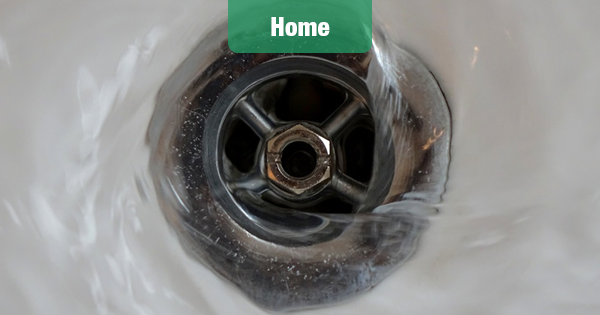
Improve Your Home’s Water Usage
Virginia-based HVAC, plumbing and electrical company Southern Trust Home Services is offering timely ways to reduce the new school year's impact on homeowners' water consumption - just as the new school year is set to begin.
According to the EPA, the average family in the United States uses more than 300 gallons of water per day, and an estimated 70 percent of that usage occurs indoors.
More than half of that usage happens in the bathroom.
Southern Trust Home Services team recommends tending to the following as the new school year begins:
- Practice good plumbing habits - When an entire family is attempting to access the water supply around the same time, even small blockages can have a large impact on everyone's schedule. Make sure that grease and coffee grounds are not being poured down the sinks, hair is being removed from the shower drains and that only toilet paper is being flushed.
- If a block is detected, try to opt for a more natural drain cleaner that is less corrosive to the plumbing or use a pipe-friendly snake tool. Call a professional if a stubborn blockage cannot be cleared.
- Make small adjustments that will save a lot of water- During the morning rush, make sure that both adults and children are turning the water off while brushing their teeth rather than allowing it to run.
- Encourage more showers than baths, but still keep a close eye on shower time, be efficient and consider installing low-flow shower heads.
- Planning meals ahead can even save water, as frozen items can be thawed in the refrigerator overnight rather than under warm running water. After meals, opt for the dishwasher instead of washing by hand and only run it once it is full.
- Inspect the water heater and consider an upgrade- When school starts back, the entire household will be showering, brushing teeth, eating breakfast and more at the same time.
- If the water heater has a buildup of corrosion or scale on the heating element, its efficiency will be reduced and so will the supply of hot water. Inspect the element, and if it is corroded or covered in scale, replace it as soon as possible.
- Elements are generally inexpensive and will make a noticeable improvement in efficiency.
- If the entire unit is nearing the end of its lifespan, it might be wise to consider an upgrade to a tankless water heater.
- A tankless water heater delivers hot water faster, more efficiently and will pay for itself in time with energy and water savings.
If you have teenagers, you face a tough task ahead. Just tell them that saving water helps to save the planet.

